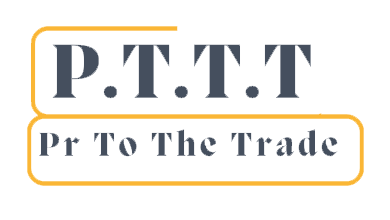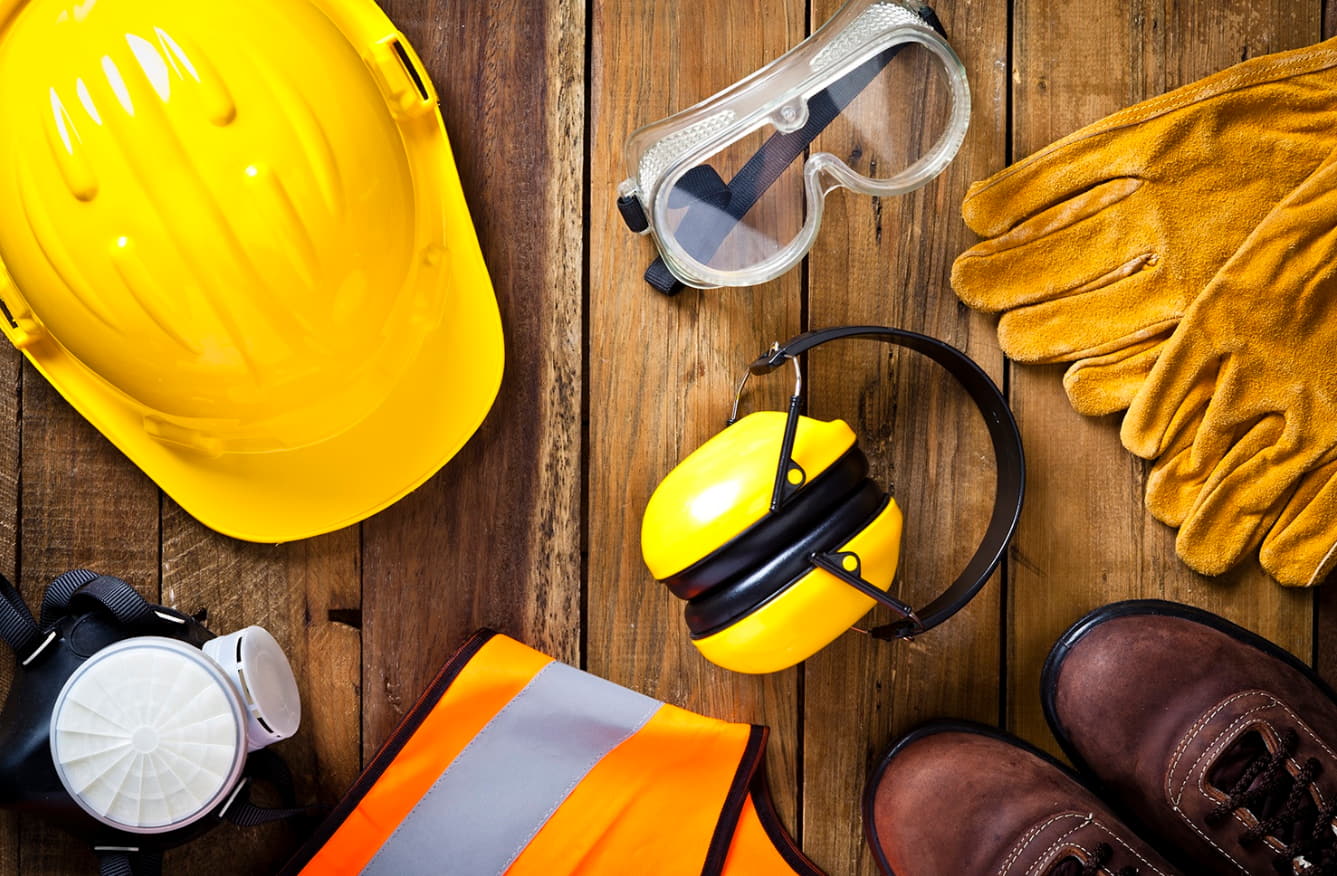In a world that is constantly evolving and presenting new risks, staying safe is more important than ever. We navigate through different environments daily – at home or in the workplace. Each of these situations presents unique safety concerns. To combat these risks, understanding and utilizing personal safety equipment is crucial.
These pieces of equipment refer to various tools and gear designed to protect you from harm and enhance your security. This equipment can significantly impact your safety, from protective clothing to personal protection alarms.
Let’s explore the world of personal protection equipment and how it can help keep you secure.
Types of Personal Safety Equipment
In this category, there’s a broad spectrum of options available. Each type is designed to protect a specific part of your body or guard against a particular kind of hazard.
-
Protective Clothing
Protective clothing serves as a shield, safeguarding your body from possible dangers. This category includes high-visibility jackets, heat-resistant suits, chemical protective clothing, and more.
-
Head Protection
Head protection is vital in environments with the risk of falling objects or collisions with fixed objects. Helmets, hard hats, and bump caps protect your head from potentially severe injuries.
-
Eye and Face Protection
Eye and face protection encompasses equipment such as safety glasses, goggles, and protective face shields. These items protect your eyes and face from dust, debris, splashes, and intense light.
-
Foot Protection
Foot protection involves safety shoes and boots designed to protect your feet from falling objects, punctures, electrical hazards, and slips.
Importance of Personal Safety Equipment
These pieces of equipment play a pivotal role in ensuring your well-being. They offer protection against potential hazards, reduce the risk of injuries, and promote a safer environment.
-
Prevention of Injuries
The primary purpose of safety equipment is to prevent injuries. Be it cuts, burns, falls, or shocks, the right gear can shield you from various physical harms.
-
Legal Compliance
In many areas, the law mandates the use of certain equipment, especially in workplaces. Utilizing these items boosts safety and ensures you’re legally compliant.
-
Promotes Safety Culture
This equipment helps foster a culture of safety. It sends a message that safety is a priority, encouraging everyone to be more conscious about their surroundings.
-
Boosts Confidence
When you’re equipped with the right safety gear, you can perform tasks with greater confidence, knowing you’re protected.
Selecting the Right Personal Safety Equipment
Choosing the right equipment is an essential step in ensuring your safety. It involves assessing your specific risks and selecting high-quality equipment that meets safety standards.
-
Consider the Risk
Assess the specific risks you face in your environment. Choosing the appropriate equipment is crucial. For instance, a noisy workplace would necessitate ear protection.
-
Quality Matters
Invest in high-quality equipment that meets or exceeds safety standards. These products will offer better protection and typically last longer.
-
Comfort and Fit
Your PPE should be comfortable and fit well. If it’s too tight or loose, it may not provide the intended protection and could even become a hazard.
-
Maintenance and Care
Consider how to maintain and care for your equipment. Regular inspection and proper storage can extend its lifespan and ensure it functions correctly.
Conclusion
Understanding personal safety equipment and its importance is the first step toward a safer environment. Whether you’re in a high-risk job or simply going about your daily life, these tools can significantly reduce potential dangers.

